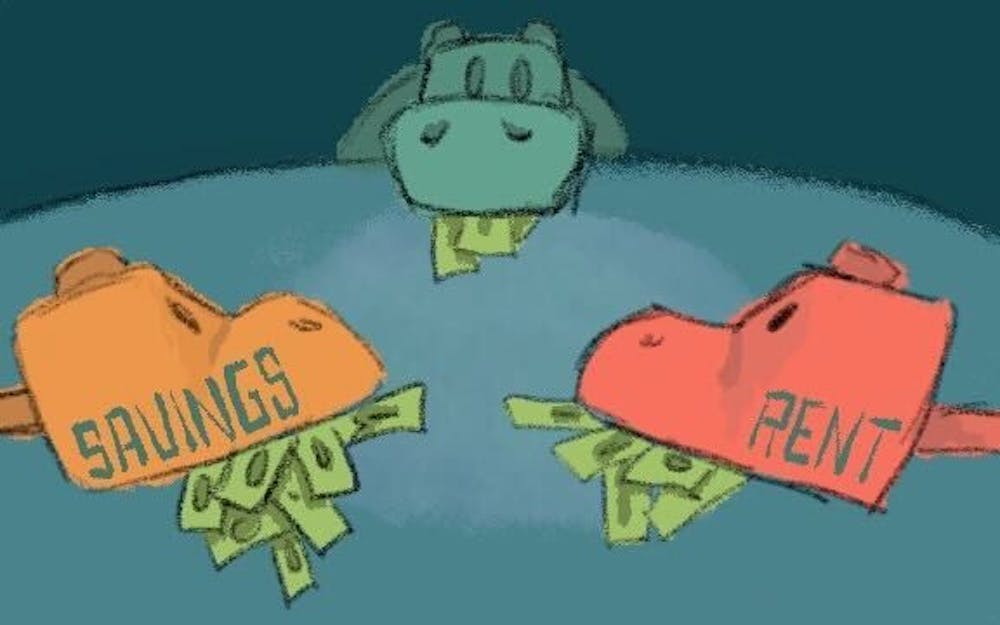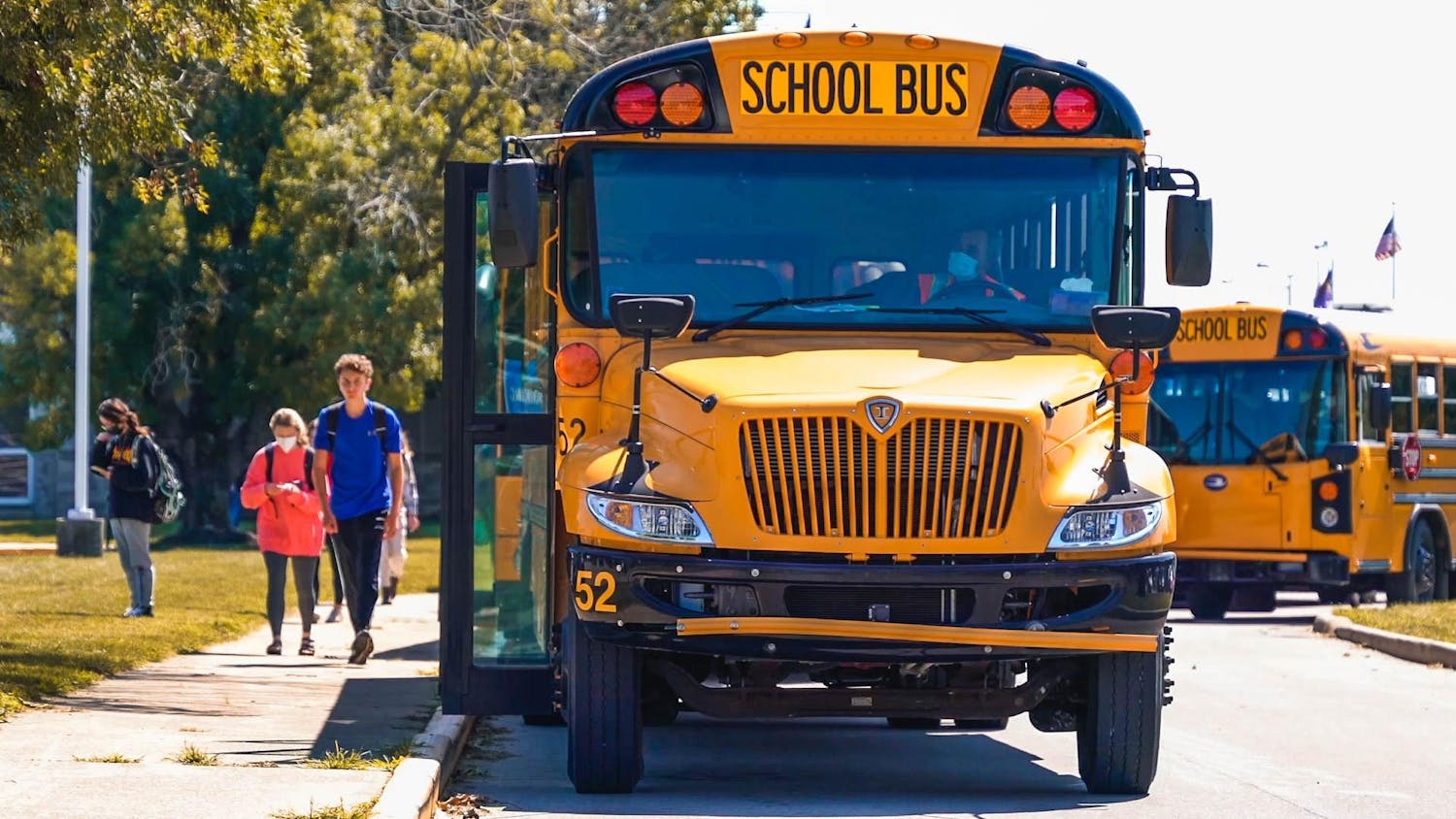A bill under review by the Indiana House Education Committee would require high school students across the state to complete a basic course in financial literacy before graduation.
State Rep. Dave Hall, R-District 62, wrote the proposed bill, House Bill 1281, which would implement the financial literacy course into the Indiana high school curriculum as early as 2027. The Indiana State Board of Education would be responsible for adding the course into the current curriculum.
The basic financial literacy course would teach methods of spending and saving money and balancing accounts, as well as lessons on retirement, investments, insurance and other similar subjects, Hall said in an email.
“The goal is to help equip Hoosier families to not only avoid the pitfalls of poor money management, but also to use money as a tool to help improve their quality of life, and live a more successful and happy life,” Hall said.
Hall wrote the legislation after sponsoring a fundamental personal finance class for students at his local high school, Brownstown Central High School in Jackson County, which was implemented into the school as part of their normal curriculum after three years.
“The testimony I heard from the students, parents and teachers was powerful and proved the importance of the class for all students,” Hall said.
“It’s one of those unique opportunities I think, for Indiana to move from behind other states to equal to or ahead of other states in financial education,” Joseph Fitter, senior lecturer of finance at the Kelley School of Business, said. “It’s a wonderful, important and needed addition to our school system.”
Fitter said financial literacy is important for younger people to learn and is a valuable thing to be educated on.
“There is a major lacking in financial acumen for young people across America, and this is a huge issue,” Fitter said. “Think about what we do, we must learn to become adults and find full time jobs and success, and part of that is financial success. All the mistakes we make as young people unfortunately can cause major problems down the road.”
Related: [Indiana Gov. Holcomb seeking to eliminate public school textbook fees]
Joan Novak, computer science and personal finance teacher at Monroe County Community School Corporation’s Academy of Science and Entrepreneurship , said it is important to have personal financial literacy early in life.
“A lot of people learn personal finance through trial and error,” Novak said. “If people knew how to make those better decisions earlier on, they would go a long way for long-term financial goals.”
Novak is also part of a national organization, Next Gen Personal Finance, whose mission it is to make personal finance a required course by 2030, Novak said. The organization offers certified courses in personal finance for students in middle school and above.
Novak said many students and graduates have a gap in knowledge regarding personal financial literacy.
“It’s important to present these materials to students at the proper times, so they understand why it will be important in the real world,” Novak said. “If this does become a requirement, we need to make sure we have well-equipped teachers that are capable of teaching it in a way that gives students an objective way to understand their personal finance.”






